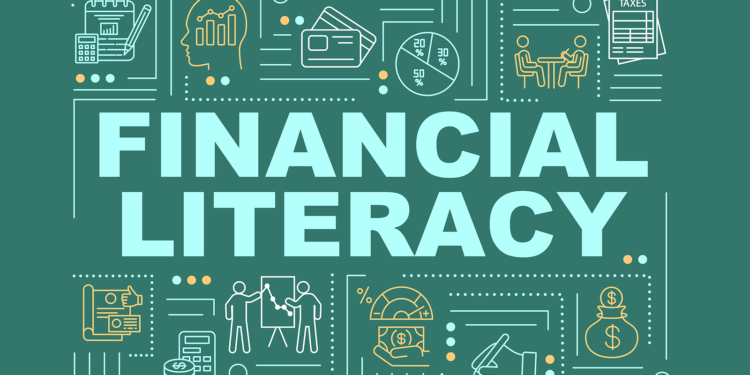Kenya’s economy has been subject to various challenges in the recent past such as the COVID-19 pandemic in 2020 and the increasing public debt where as of 9th May 2025, the total public debt was at KES 11.2 tn indicating a 3.7% increase from KES 10.8 tn in December 2024. Despite these macroeconomic challenges affecting all Kenyans, the youth seem to bear the biggest share of the burden. According to the 2019 Kenya Population and Housing Census conducted by the Kenya National Bureau of Statistics, approximately 75% of Kenya’s population is around the range of 18-35 years. With this in mind, the Kenyan economy may not experience a significant improvement if challenges such as limited job opportunities and increased high cost of living persist among the youth. This proves that financial literacy is a necessity in building economic resilience in the country.
According to the Federation of Kenya Employers, the rate of unemployment among the youth stands at 67%, which leaves several people reliant on informal jobs and hustles which are often characterized by inconsistent income. This has led to the emergence of digital credit platforms which offer instant loans to its customers via their mobile phones. However, many young borrowers lack the financial knowledge to understand the cost of borrowing and repayment schedules. As a result, many succumb to cycles of debt, further weakening their economic stability.
Despite these challenges, there are promising strides toward building financial capability among Kenyan youth. Government-led efforts, such as the Competency-Based Curriculum, are introducing money management concepts in primary education. NGOs like Junior Achievement Kenya have implemented practical financial literacy programs in secondary schools and universities, focusing on budgeting, saving, and entrepreneurship as illustrated in their vision statement. Second, the private sector is taking up responsibility in spreading financial literacy among the youth. For instance, Absa’s ReadytoWork program integrates financial literacy with employability and entrepreneurship training, reaching thousands of youth across the country.
Challenges such as insufficient access to people in the rural areas remain high due their low literacy levels as compared to their counterparts in the city. Many youth also rely on informal sources like social media influencers for financial advice, which can be misleading or overly simplified. Avenues such as Public-Private collaboration where government agencies and NGOs collaborate to deepen impact of financial literacy by leveraging digital tools to help in teaching practical financial skills may be beneficial in overcoming some of these challenges
The journey toward economic resilience for Kenya’s youth must begin with equipping them with the knowledge and tools to make informed financial decisions. Financial literacy empowers young people to save, invest, and avoid debt traps. As Kenya strives for sustainable growth and inclusive development, investing in youth financial literacy is investing in the nation’s future. The time to scale these efforts is now

















